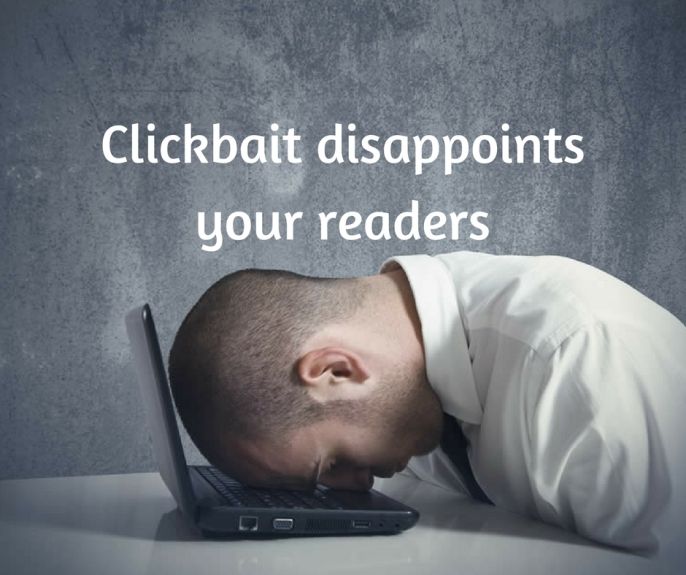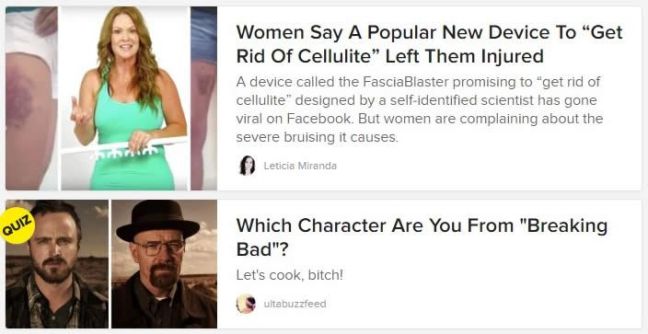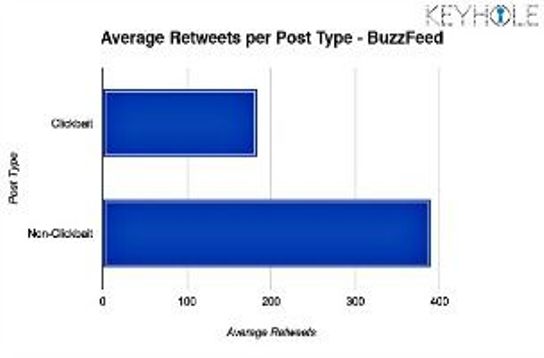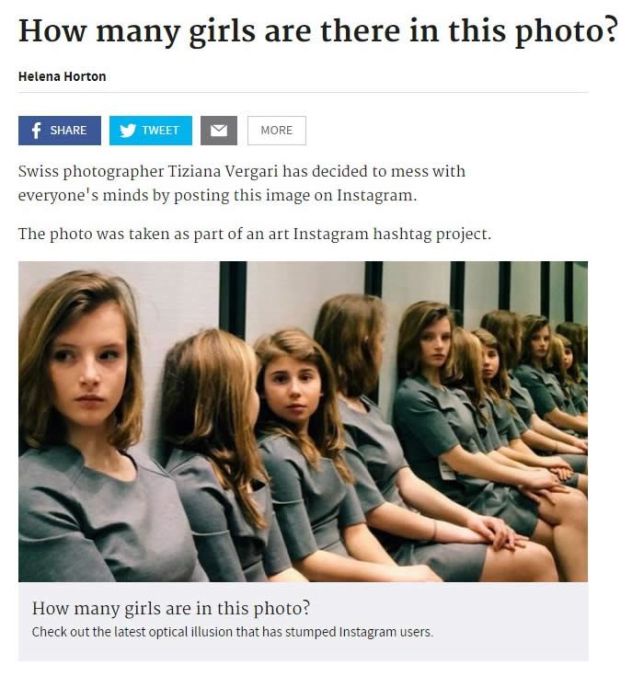Here’s why a clickbaity headline disappoints your readers and why honesty beats creativity if it means your readers will come back for more.
What happens when your clickbaity headline is better than the content within the article?
Answer: there are a few possibilities, and most of them don’t bode well for your website.
I say “most” of them because hundreds of websites are thriving because of clickbait titles. That is, readers know it’s clickbait, and yet they click anyway!
Chances are, you’ve probably been sucked into a few of these sites yourself, especially if you spend any amount of time on social media.
However, just because an irresistible, clickbaity title satisfies someone else’s goals doesn’t mean you can expect the same results, especially if you’re trying to build value and credibility in your writing.
Here’s what happens when your content doesn’t live up to the hype of your headline:
Contents
Clickbait disappoints your readers
Though the title of this article assumed the style of a clickbait headline, you probably guessed that it wasn’t meant to trick or deceive (especially since the words “click bait” are written in plain language).
However, if the title were more along the lines of “See what happens when you click this headline – prepare to be amazed!” , you might be disappointed that the only thing that happens is an article that reiterates how disappointing clickbait can be.
That’s arguably the biggest downfall of click-worthy titles – they just don’t deliver on the readers’ expectations.
Viewers are drawn in by the possibility of making wonderful discoveries, satisfying their curiosities, and believing in the promise of a reward if you simply click. And once you do, you might find you already knew the supposed secrets, or simply feel less fulfilled than you hoped.
In other words, clickbait headlines are the tourist traps of the internet. Your need to know is usually greater than the amount you’ll care about that knowledge after you discover it.
Ask yourself: Is that how you want your readers to feel after viewing your content?
There is an exception to using clickbait titles, however, and clickbait extraordinaire Buzzfeed has perfected it (though the website denies being a clickbait participant).
Yes, they use some of the best clickbaity formats (especially those listicles), but what they aim for is a slight promise within the headline that’s supplemented with content that over-delivers on that promise.
That’s quite the opposite of what other clickbait sites produce. (And apparently, it’s working well for them.)
Your content’s value diminishes
Clickbait has earned itself a reputation for being disappointing, tired, and pretty much useless.
The primary headline formulas, like Upworthy’s iconic “You’ll never guess what happens next!”, are so widely used that people can detect clickbait without actually having to click.
So why would you want your content to be in the same ranks as clickbait?
The only logical answer here is to (you probably guessed already) boost viewership. It’s true that more clicks mean more people are reading your content, but those clicks do nothing to build value that will keep your readers coming back.
When some people see a clickbait headline, they immediately think that it’s not worth their attention. One study shows that 55% of people who take clickbait spend less than 15 seconds on the page.
As if this weren’t deterring enough, another study showed that BuzzFeed’s non-clickbait content was shared more often than its clickbaity-headlined counterparts. More than likely, it’s because readers got what they came for.
It’s true that five times as many people will read a headline than they do the content. But if you’re putting more effort into your headline than your article, you might need to rethink your writing methods.
Your brand’s reputation suffers (and might not recover)
Someone’s first experience with you might be because they clicked on a good title but didn’t get the content quality they expected. If that’s the case, do you think they’ll ever come back?
Maybe, maybe not.
It might depend on how much of your content presents the clickbait image. The more headlines that seem misleading, the harder time you might have in shedding the clickbait stigma from your brand.
Even once-reputable news and media outlets have fallen prey to the clickbait frenzy because of the attention those posts receive.
For example, Fairfax in Australia is now widely known for sharing items such as “How many girls are there? The photo driving the net wild.”
To counterbalance these posts, the editors point to the quality of their written stories as their saving grace, stating that the writing is still of high caliber.
What experts have been quick to point out about Fairfax, however, is that their reputation was formed as a strong brand – a brand that was known for accuracy and credibility, and didn’t include the likes of clickbait.
Now, that reputation among some of its readers has shifted into one of pure disdain, citing that the content no longer aligns with its original brand initiatives.
Ultimately, it all depends on how you want to present your brand to your audience.
Positioning yourself as an authoritative, reputable source won’t be possible while you’re clamoring for page views and providing useless (yet somewhat intriguing) information.
One final thought
I’ve talked a lot about the detrimental effects of clickbaity titles, but it’s important to mention that shock-factor headlines aren’t the only ones that can deal damage to your brand.
There are plenty of other ways your content can fall short of your title’s promises, such as rehashing topics or observations that have already been exhausted (care to beat the dead “Content is king” horse to death anymore?) or straying from your original idea to talk about something else.
Yes, a good headline is important if you want people to attract readers. But it’s better to sacrifice creativity for honesty if it means those readers will come back for more.
© 2017 – 2022, Ben Shepardson. All rights reserved.
Ben Shepardson is the founder of NoStop Ghost Writing, a boutique writing agency focusing on helping small business clients take their websites to the next level. From social media topics to articles on niche industry issues, NoStop’s articles are written with style, attention to detail, and with the client’s audience in mind.
Discover more from Business & Branding Tips
Subscribe to get the latest posts to your email.



